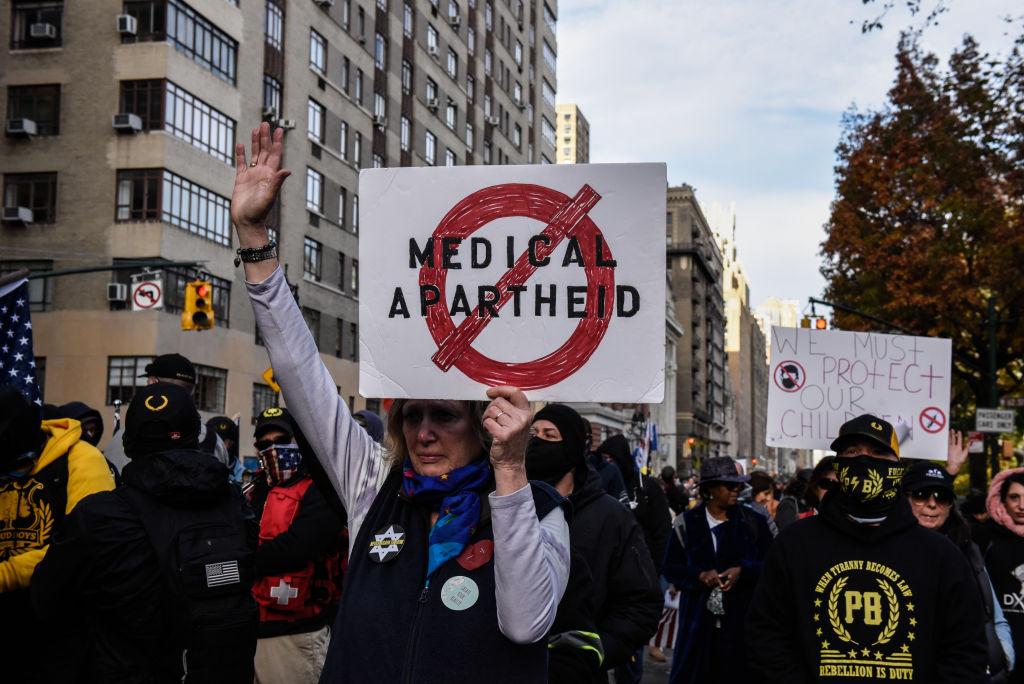Commentary
In May and June 2020, Black Lives Matter protests took place across the United States prompted by the death of George Floyd. The New York Times estimates that on June 6, 2020, alone, more than half a million people turned out to support Black Lives Matter protests across the United States. These protests took place despite an ongoing pandemic and lockdowns across the country. Despite calls to stay home and socially distance, protesters marched in the thousands across nearly 550 cities because they believed protesting in support of black communities was more important than the risk to their health if they caught COVID-19.
